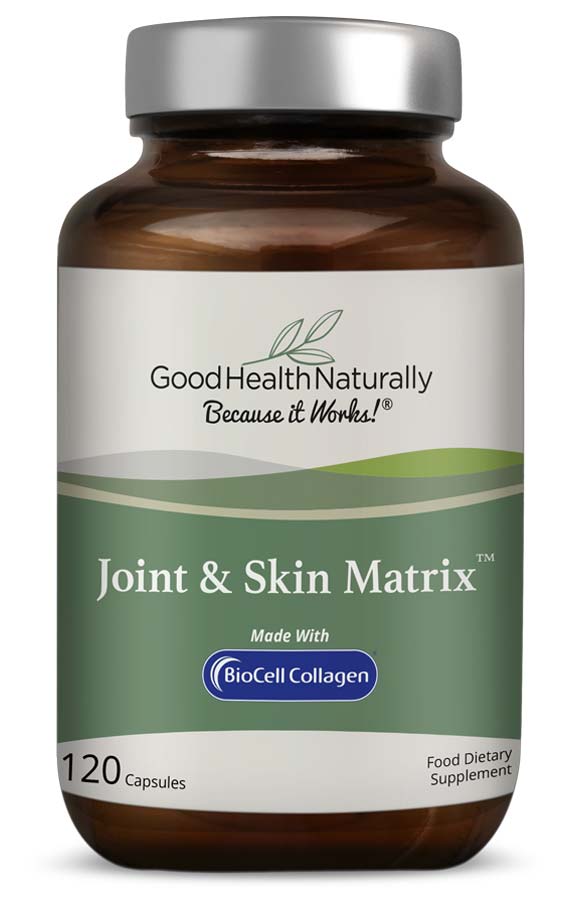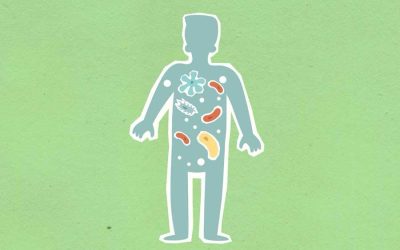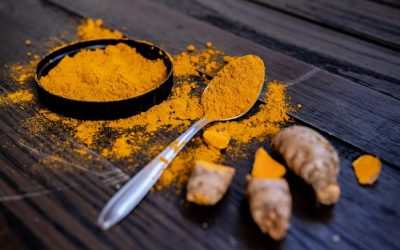There are all kinds of theories as to why the cold weather may make things worse. When temperatures drop, the barometric pressure in the air around us decreases. This change in pressure may cause muscles, tendons, and other tissues surrounding the joint to expand, contract or thicken and become painful. It may especially affect people with less cartilage around the joints because of damage or disease, as they have more exposed bone and nerves that are sensitive to the changes.
Our bones are made of living tissue with a dense network of nerves. When we get cold, the blood vessels near the surface of our bodies constrict to conserve heat for vital organs. This can limit blood flow to our extremities, resulting in discomfort.
Another contributing factor could be diminished lubrication within our joints. Synovial fluid is a viscous substance that reduces bone friction but may become thicker and less efficient at low temperatures. This means joint movements can become stiffer, leading to discomfort and pain. It particularly affects people with pre-existing joint conditions such as osteoarthritis.
Inflammation often accompanies bone pain experienced during cold weather. Research suggests lower temperatures stimulate inflammatory responses within our joints and surrounding tissues due to increased production of inflammatory cytokines.
If you suffer, there are several steps you can take to reduce winter misery and help alleviate winter joint and bone pain naturally.
1. Eat to Beat Inflammation
The Mediterranean diet is considered one of the healthiest diets in the world and is great because it’s packed full of anti-inflammatory foods. It includes plenty of fruits, vegetables, whole grains, lean protein sources, herbs, spices, and healthy omega-3 fats like oily fish, avocados, chia seeds, walnuts, avocado and olive oil. These all ensure the body is nourished with vitamins, minerals and antioxidants, which help strengthen the immune system and ward off inflammation.
To help alleviate winter joint and bone pain naturally, aim to eat a colourful rainbow of vegetables and fruit every single day. Add in plenty of avocados and whole grains, as well as small daily amounts of walnuts, pecans, ground flaxseed and soy. Aim for at least five portions a week of legumes such as beans and lentils. Include at least three portions a week of oily fish like salmon, tuna and mackerel.
2. Helpful Flavours
Spices such as turmeric, ginger, cinnamon, and garlic will not only make your food tasty, but they are also potent anti-inflammatories and may help alleviate winter joint and bone pain naturally. It is also important to identify any food intolerances or allergens which could be making inflammation worse and adding to the pain.
3. Get Moving
Although curling up in a warm house might seem tempting, gentle exercise like walking is essential for maintaining optimal joint mobility and promoting blood circulation. Stretching your muscles and joints can also help. It can help bring synovial fluid to lubricate the joints, keeping them from hurting. Low-impact exercises such as yoga or tai chi are excellent choices for strengthening muscles without putting excessive stress on your joints.
4. Stay Warm
Keep warm by dressing in multiple layers and using heating pads if needed on painful areas. This will help relax your joints and muscles and help alleviate winter joint and bone pain naturally.
5. Hydration Is Vital
Cold weather might make us less inclined to drink water compared to hot summer days, but it is still vital even when the sky is grey. Keeping well-hydrated helps maintain healthy joints. Sip on warm herbal teas and try soups that nourish and hydrate your body.
6. Supplement with the Sunshine Vitamin
In winter, the lack of sunlight can lead to vitamin D deficiency, which may result in weakened bones and joint discomfort. Vitamin D-rich foods include eggs and oily fish, but even if people eat both, they may not provide enough for their daily needs. It is generally accepted that most people need to supplement with this essential vitamin during winter. It could help alleviate winter joint and bone pain naturally.
7. The Joint Cushion
Collagen is a major component of connective tissues, including those in the joints. However, as we age, collagen production decreases, which can lead to joint pain and stiffness. Good sources include bone broth, made from simmering animal bones or consider a supplement. Vitamin C is crucial for the synthesis of collagen and also acts as an antioxidant, protecting cells from damage by free radicals. To help alleviate winter joint and bone pain naturally, eat plenty of vitamin C-rich foods like citrus fruits, green leafy vegetables and bell peppers.
To Conclude
Winter can be a challenging time for maintaining joint and bone health, but the right nutrients and lifestyle choices can help alleviate winter joint and bone pain naturally.







